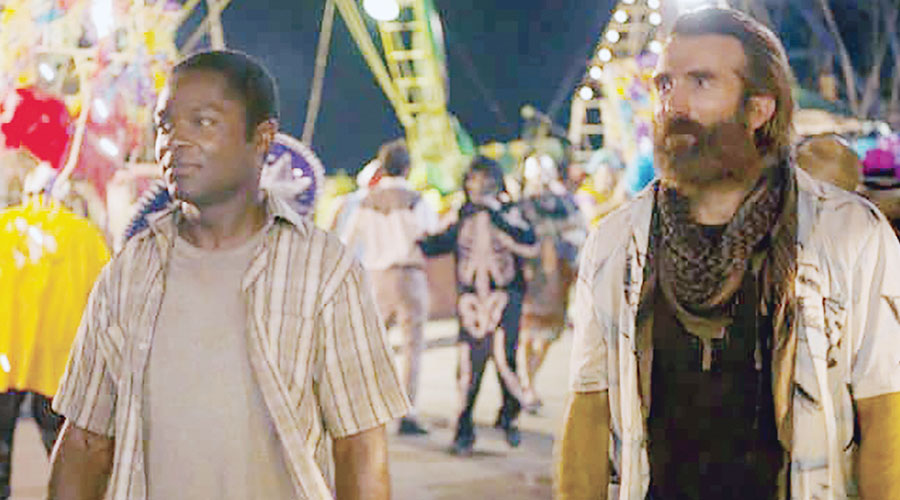What’s to watch on Netflix?
- 20 Apr - 26 Apr, 2024

Tony Stone’s Ted K is an eerily plausible and unsettlingly mesmeric realisation of the inner world of Ted Kaczynski: that is, the private life of the “Unabomber”, America’s most notorious domestic terrorist who, working largely from his primitive cabin in the Montana wilderness, killed three people and injured 22 more in a mail-bombing campaign lasting from 1978 to 1995, ostensibly in pursuit of an eco-fundamentalist crusade against all modern technology.
Staggeringly, his campaign induced the Washington Post in 1995 to publish his rambling manifesto in return for a promised cessation of bombing. Something which had seemed like a catastrophic capitulation to terror turned out to be a smart move against it, when Kaczynski’s estranged brother recognised his writing and alerted the authorities.
The South African actor Sharlto Copley plays Ted: a fierce, gaunt, angry man, whose sharp and rather distinguished features are mostly blurred by a straggly beard. He is a former brilliant mathematician and college professor who turned away from academe in favour of a radical hermit existence.
We see Ted making a few dollars here and there with menial jobs, including at one of the hated logging companies, where he gets fired for making sneerily sexist comments to the female manager. He also at one stage, bizarrely, has a job tutoring a local teenage kid in mathematics, and appears conscientious and good at it.
But Copley and Stone show how Kaczynski is driven by hate and revenge. He spends some of his time in creepy serial-killer home-invader mode, breaking into the luxury cabin of vacationers who wreck the environment with their noisy snowmobiles, on a mission to destroy these devilish means of transport with his axe. But Kaczynski has no desire for face-to-face violence. He just has a monkish vocation for building bombs.
Kaczynski affects an interest in Joseph Conrad and uses Conrad as an alias sometimes. We see how Kaczynski has become part of the nation’s popular culture: on magazine covers and news programmes in the form of the police-artist sketch of a figure in sunglasses and hoodie – for a delirious moment he is of equal status as OJ Simpson being chased in his white Ford Bronco. It is a riveting, dreamlike evocation of this man’s tortured, unhappy life, whose transient successes bring him no pleasure of any kind.
– Compilation
COMMENTS